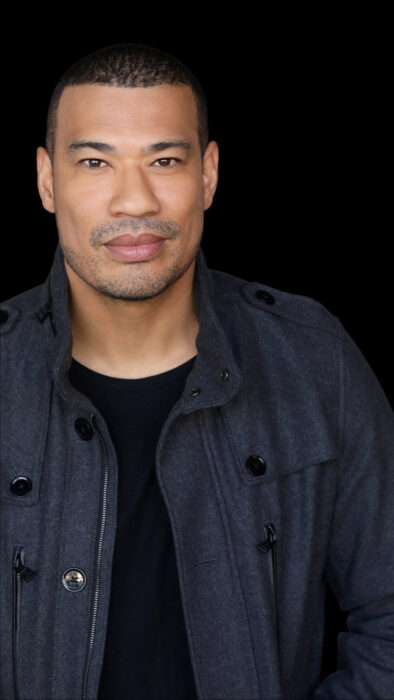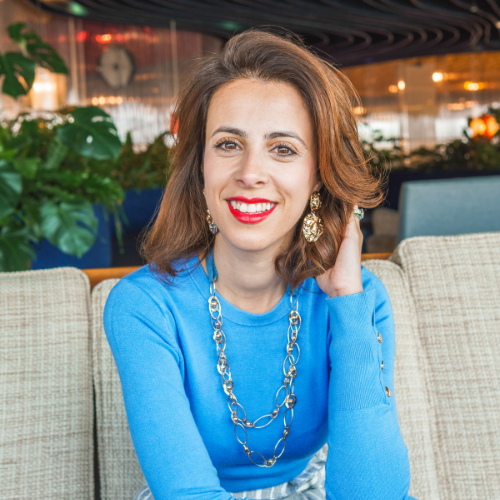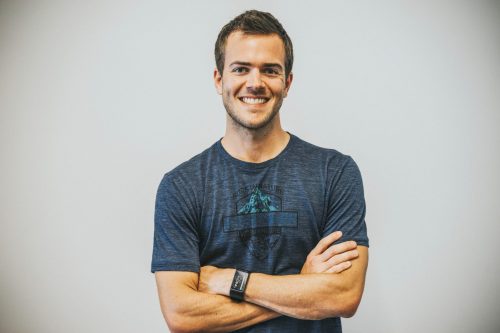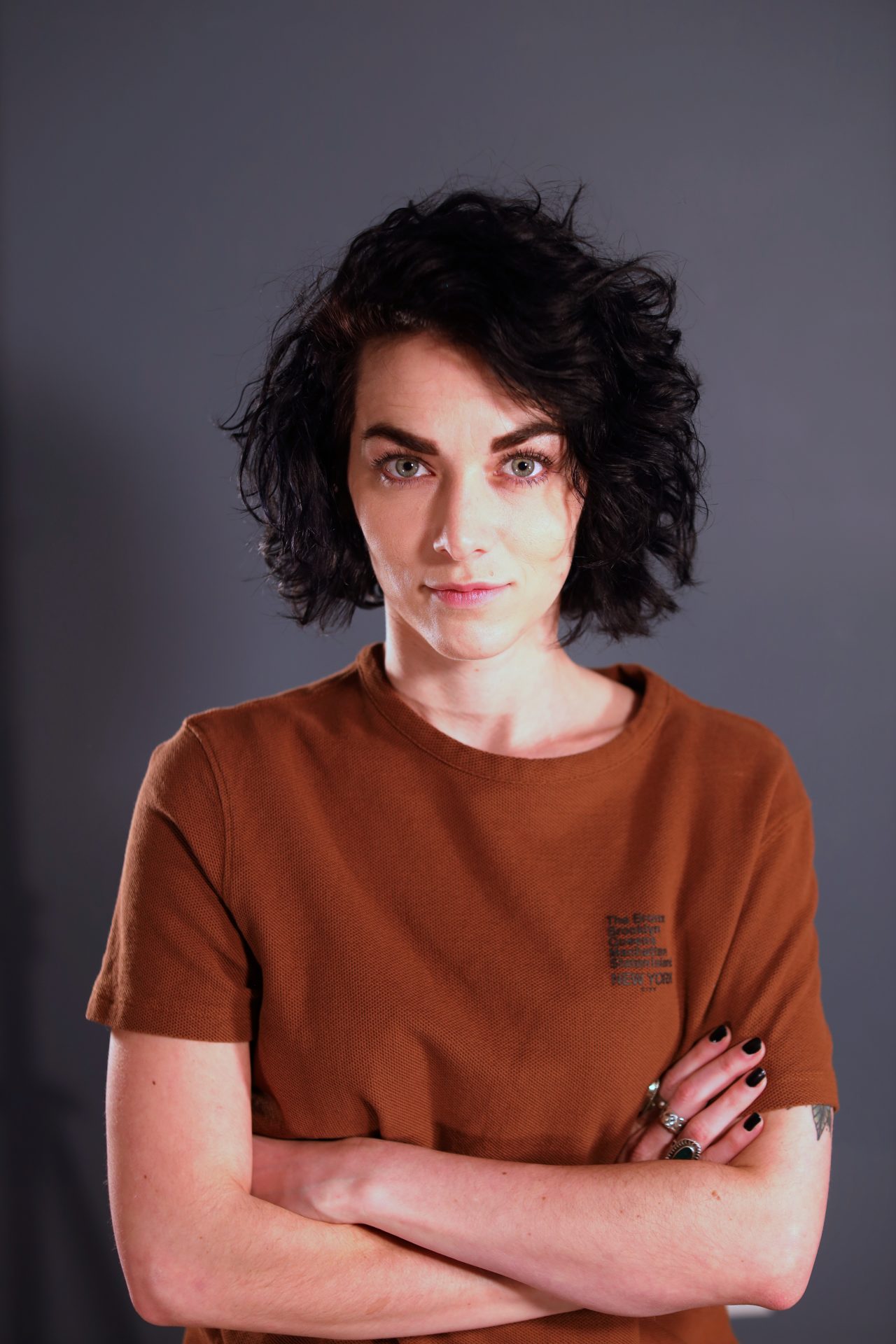
Andie Morgenlander is the co-founder of Justice Film Collective, a production company that makes movies in an ethical manner and gives voice to those who have been systematically oppressed. After going through her own coming out process, and hearing firsthand about her peers’ experiences, Morgenlander became impassioned to portray the queer community on the big screen. How could anyone who was struggling with their sexuality find resolution without mainstream role models, after all?
“Whistle Down Wind,” co-written with Morgenlander’s creative partner Julia Christgau, who will also act in the film, will be one of the first movies to focus on a queer relationship in Southern Appalachia. Set in a fictionalized North Carolina rural town, the film, which is currently in the fundraising stage, shows that no matter how open-minded we think modern society is, plenty of people still have to hide who they are. Though “Whistle Down Wind” is certain to normalize the complexities of the queer experience, it should also have equal resonance with anyone who can relate to a time when they couldn’t be totally inauthentic. Morgenlander’s hope is that the more her community is authentically represented, the easier it will be for them to live wholly.
Can you tell us a bit about your background prior to co-founding Justice Film Collective?
I am originally from Durham, North Carolina, and had some negative experiences in the filmmaking industry in my early 20s, which put me on the trajectory to make just and equitable films. Seeing how members of my community were stereotyped also made me want to create pathways for people to tell stories in ways that make sense to them.
What happened on set that made you pause and say, I want to change the way actors and crew are treated?
The New Orleans film scene was booming, which incentivized me to get an agent there. However, there was a lot of pressure to audition for sexually explicit roles. One time, I was even asked to wear heels and a bikini and walk around my agents’ house in front of a casting director. Experiences like that eventually led me to produce and direct because I wanted to create a healing, caring, and validating space rather than one that felt demeaning.
When did you officially pivot from acting into producing, writing, and directing?
In 2014, I made my first couple of short films as an undergrad. I was sold immediately as I loved the experience of different people coming together to make a specific vision a reality.
After I graduated from undergrad in 2015, I moved back to Durham and decided to make a micro-short film immediately, “Polished,” about a young woman who has a mental breakdown while she is getting ready for a night out. At the same time, I was co-writing my first feature film “Luke & Jo.” After that, as I started healing from my own trauma, I began piecing together how the toxicity of acting culture had impacted me. That was when I decided as a queer, white person that I wanted to do everything I could to create a healing culture on set. I established Justice Film Collective in 2018 with my husband, Josh, a director who also teaches film at Western Carolina University. Julia Christgau, my partner in “Whistle Down Wind” is one of our producers and part of the collective.
How did the idea for “Whistle Down Wind” come about and why was it worth pursuing?
Julia and I met at a female filmmaker’s meetup and bonded quickly. At our first coffee date, she told me about the idea for “Whistle Down Wind,” based on a previous experience she had. At that point, the short film version centered on the two protagonists, Alex and Janie, and the boiling point of their secret relationship. I wanted to tell the story so people who are bisexual, queer, or identify with the LGBT community could see themselves in the media. I was also going through my own process of coming out as a bisexual woman while being in a relationship with a cisgender man. To be able to put a story on the big screen where people were navigating similar terrain was very important to me.
“Whistle Down Wind” was initially intended to be a short. Why adopt it into a feature?
After the short film played at different film festivals, we decided that we wanted to go deeper into the story. I was excited about showing intergenerational ideology and looking at what elements of the main characters’ upbringing, family, friends, and small rural town contribute to their relationship dynamic. We decided to adapt it to a feature film script in 2020 after it received such positive reviews.
How do you define queer?
I use queer as a way of speaking about sexuality and also as an umbrella term to talk about the LGBT+ community. In my own life, it means that I could fall in love with or be attracted to people of any gender. My queerness expands beyond my sexuality and speaks to how my creative and personal expression extends beyond the gender binary. Being queer helps me to see the complexity of identity and my environment beyond the boxes or norms that I’ve internalized.
Were there any filmmakers you looked to for inspiration while writing this?
My all-time favorite filmmaker is lesbian French filmmaker Céline Sciamma who made “Portrait of a Lady on Fire.” She believes a film’s conflict can come from two people actually wanting the same thing and it’s their circumstances that are the obstacle. I resonate with that ideology in terms of making the story about the characters’ emotional conflicts, which oftentimes stem from their environment, rather than them trying to dominate one another. Context, rather than a single villain, stops them from fully loving each other.
Do you still think there is still a lot of misunderstanding around the queer community?
Absolutely. How accepted you are can greatly depend on where you come from. Asheville is an inclusive place for members of the LGBT+ community, however, you go outside of this city, and the state is still very red. It is unfortunately common for queer teens to be bullied or kicked out of their homes for their sexuality, especially in rural communities.
When writing this, were you polling people in the queer community to see if it would land?
We have had a few story workshops where we’ve read parts of the script with the Asheville LGBT+ community. We want the film to resonate with its intended audience and therefore, have asked for feedback on how different scenes or characters feel to the reader. Getting feedback is an important aspect of the ethical film lens, and another way of doing this is to make it more common to be honest with the director. This is in contrast to the more archaic role of the director where what they say goes.
One of your missions is to make ethical filmmaking more common. How do you hope to do this?
I believe that big and small actions can create the world we want to see. My hope is to provide caring, accountable, and trusting environments on set and prioritize how people are treated over processes rooted in capitalism. Ethical filmmaking involves giving crew members shorter days, more time to rest or pause onset, and actors emotional support during taxing scenes. What happens on a film set and throughout its production life cycle is just as important as the film itself. As a white queer filmmaker, I can either uphold dominant culture or subvert it. There is no film that is worth excusing abuse or working people into the ground.
What kind of impact do you hope this film can have on the queer community?
Stories on the big screen can define culture. “Whistle Down Wind” gives the queer experience a presence in the now and future. I want the LGBT community to see themselves in the film and feel validated. The more movies that are made about the queer and trans experience, the easier it will be for our community to fully exist.
Support the making of “Whistle Down Wind here”
Learn more about Justice Film Collective and their mission here
